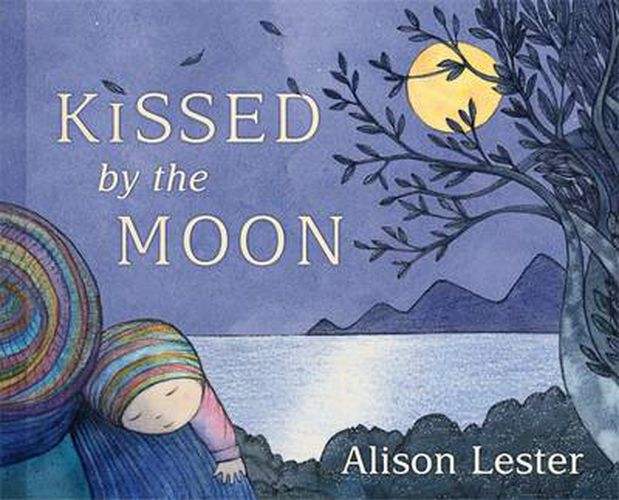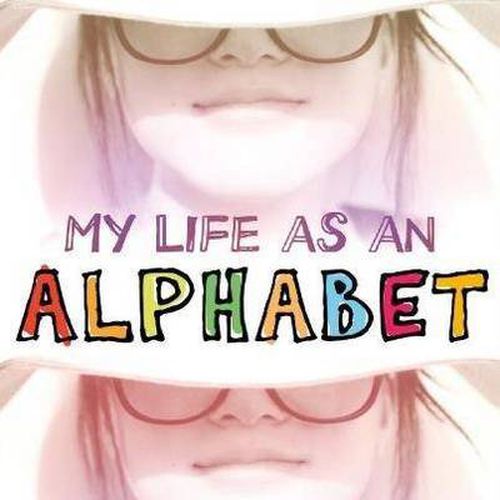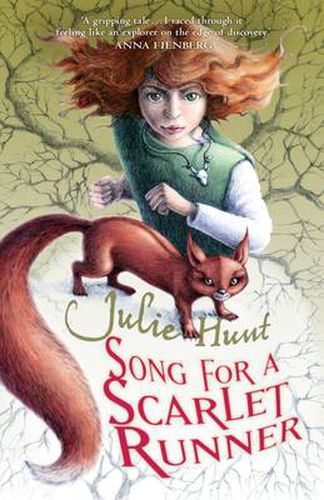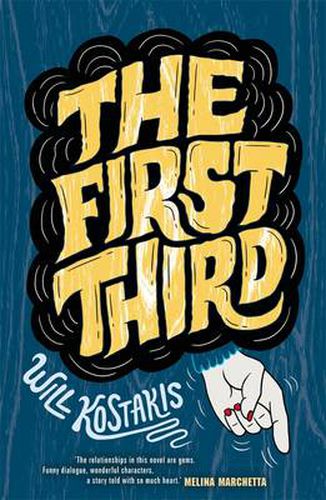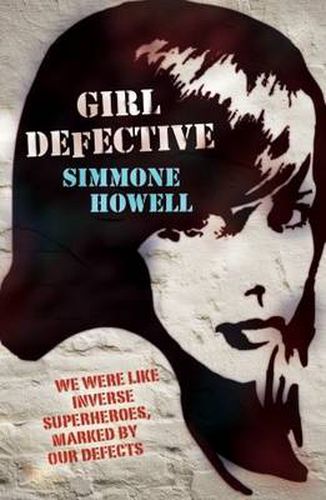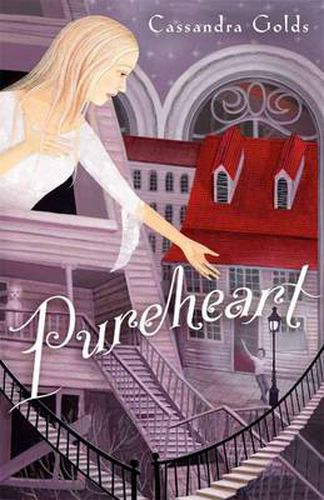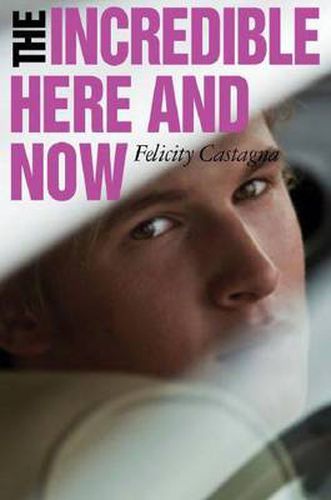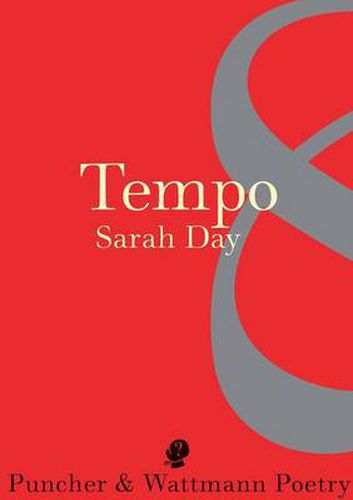Belomor
Nicolas Rothwell
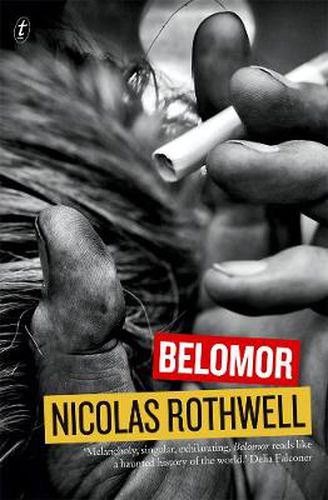
Belomor
Nicolas Rothwell
A spellbinding meditation on art and life that travels from Eastern Europe to Northern Australia, from World War II to the present.
Elegiac and seductive, Belomor is the frontier where truth and invention meet-where fragments from distant lives intermingle, and cohere. A man seeks out the father figure who shaped his picture of the past. A painter seeks redemption after the disasters of his years in northern Australia. A student of history travels into the depths of religion, the better to escape the demons in his mind. A filmmaker seeks out freedom and open space, and looks into the murk and sediment of herself.
Four chapters: four journeys through life, separate, yet interwoven as the narrative unfolds. In this entrancing new book from one of our most original writers, we meet European dissidents from the age of postwar communism, artists in remote Australia, snake hunters, opal miners and desert magic healers.
Belomor is a meditation on time, and loss: on how the most bitter recollections bring happiness, and the meaning of a secret rests in the thoughts surrounding it.
Review
Julia Tulloh
The first few pages of Belomor left me feeling disoriented. They provide a brief account of the eighteenth-century Italian painter Bernardo Bellotto, which read more like a summary of a history book rather than the opening of a novel. Shortly, though, Bellotto’s story wove gently into the story of the book’s narrator, who was in Dresden, speaking to an old German professor. From there, Belomor unfolds like a series of Russian dolls – the German professor tells his own story, and another professor tells his about the time he spent in a Russian labour camp. An account of Aby Warburg, a cultural theorist and photographer from the nineteenth and twentieth century, leads back to the narrator’s own, now taking place in Darwin.
After this, I was no less disoriented, but I was extremely intrigued and remained so for the rest of the book. Most of the novel is set in the Northern Territory – across the desert, the small towns, the sea and the mountains. While there is a strong focus on Indigenous artists and art, the book sometimes felt like a bit of white male crisis, with lots of male researchers trying to find meaning in so-called ‘exotic’ cultures. However, Rothwell seems critical of this process, even as he explores what revelations may be found through it.
As Belomor wove on, the narrator took me through a series of conversations – and conversations within conversations – about art, history, writing, the world and how the self fits into it. The fact that they were being communicated through stories seemed paramount. At the heart of the book there seemed to be a question about the relevance of representation: can we exist without telling? Or is telling – is art – all we have to give meaning to experience?
Julia Tulloh is a Melbourne-based freelance writer
This item is not currently in-stock. It can be ordered online and is expected to ship in 3-5 days
Our stock data is updated periodically, and availability may change throughout the day for in-demand items. Please call the relevant shop for the most current stock information. Prices are subject to change without notice.
Sign in or become a Readings Member to add this title to a wishlist.



